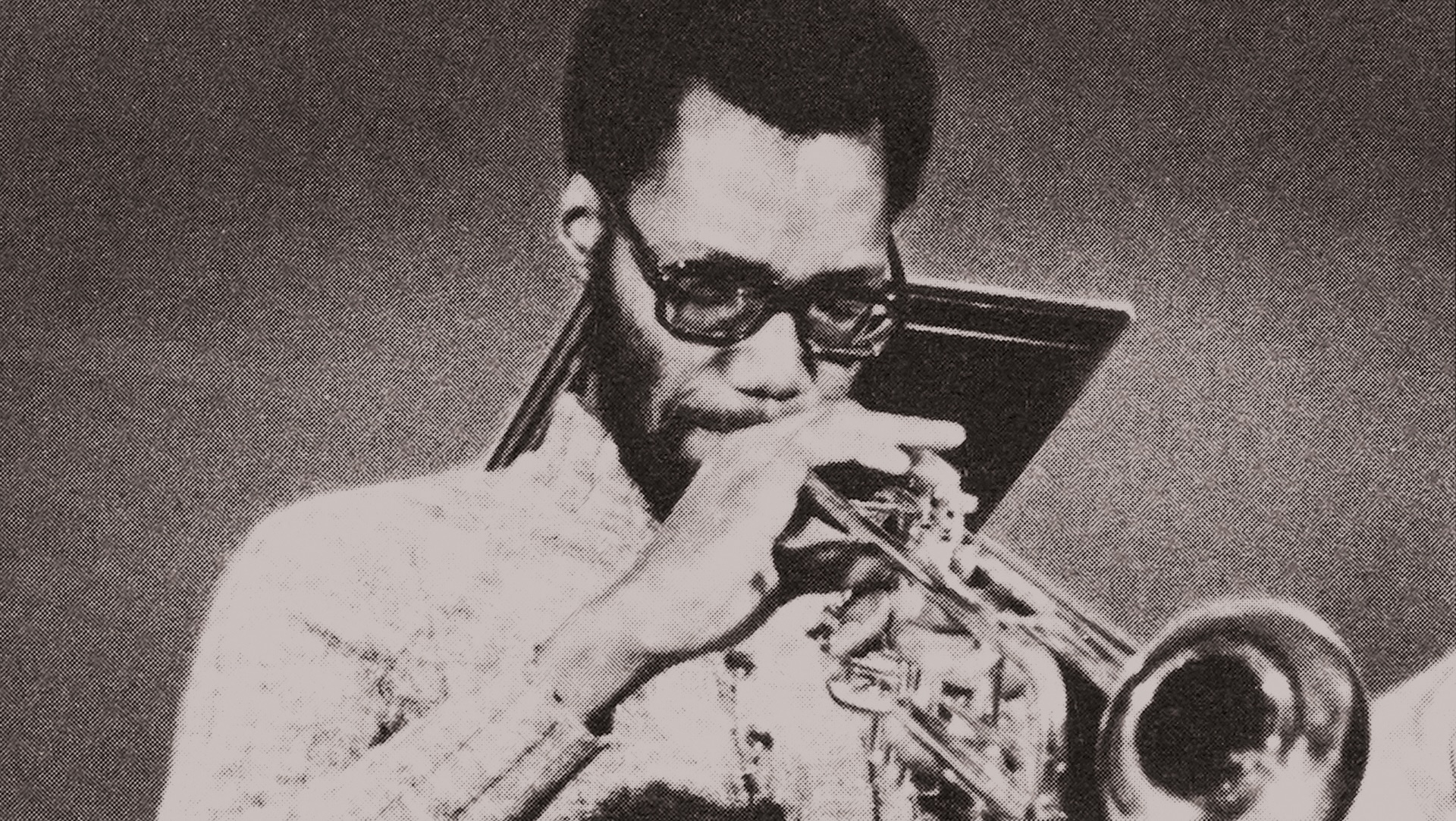Finding Your Path: Charles Tolliver
The influential ’70s jazz label Strata-East is now on TIDAL. Its co-founder talks artistic freedom, releasing music by Gil Scott-Heron and Brian Jackson, and the “organic spirit” that made the company sing.
by Brad Farberman
For Charles Tolliver, the funnest part of running a record label came right after an album was turned in. He would take the master to get cut into a lacquer, and stick around to see the engineer “work that lathe.” Then he’d bring the lacquer to Westchester Avenue in the Bronx, where a plating company would continue the process.
“Audio Matrix was the company that did most of the stuff for all the big guys,” recalls the Riverdale-based jazz trumpeter, now 83. “So I’d go there, like [in a] Hollywood movie, through these burned-out buildings, and in a basement somewhere, there they were with their rubber protective aprons on. So I loved to watch them make the plates.”
Founded in 1970 with the late pianist Stanley Cowell, Strata-East Records released 56 albums by 1980, each one a crate-digger’s holy grail. These included projects from Tolliver and Cowell; works by lesser-known horn players John Gordon and Shamek Farrah; and classic LPs from Pharoah Sanders, the Heath Brothers and Gil Scott-Heron and Brian Jackson. Black-owned and artist-run at a time when virtually no other jazz labels were, Strata-East was also unique in that they weren’t in the business of “making” music. Players would come to Tolliver and Cowell with a complete story, and the trumpeter and pianist would merely tell it to the world.
“Well, this might be the first time in history that there was only an organic spirit that created the eclecticism of this special little label here,” says Tolliver. “The deal was, Brad, that if you wanted — and a lot of guys came knocking on the doors, including Gil Scott-Heron — and they said, ‘Can I put something out with you? I like what you’re doing.’ Some I knew, some I didn’t. Stanley knew some, some he didn’t. And we accepted all, practically. And each one came with their own music already done. In other words, it wasn’t, ‘OK, we’re gonna sign you to a contract, and we’re gonna A&R the tunes that you’re gonna play, and we’re gonna select the musicians.’ Because they had seen how we had done it. And they knew that the mantra was, ‘Come with your own thing, ready to go.’”
Tolliver remembers the day Scott-Heron and Jackson came by the office to talk about an album they had just recorded — Strata-East released Winter in America in the spring of ’74. The album’s hit single, “The Bottle,” gave the label a dose of mainstream credibility — it cracked the top 100 of the Hot R&B/Hip-Hop Songs chart, then known as Hot Soul Singles.
“One day, when the album was first released, shortly thereafter, one of the main hit places in New York — on 8th Street, actually — the buyer there, he called me in the morning, he said, ‘I see you guys have come out with a thing that, it looks like it’s gonna go,’” says Tolliver. “And so I said, ‘What’s gonna go?’ He says, ‘This thing called “The Bottle.”’ I said, ‘What bottle?’ Because I hadn’t individualized each track. And he says, ‘You just came out with this Gil Scott-Heron thing, right?’ ‘Oh yeah, OK.’ And the rest is history. So that took off. And it sort of elevated the label in terms of Billboard and other things where they took a look at that and they said, ‘Well, what is the label?’ ‘Oh, Strata-East.’ And then they took a look at the entire catalogue and they could see that this wasn’t just a fly-by-night situation.”

Strata-East grew naturally from the deep connection between Tolliver and Cowell. Tolliver met Cowell in ’67, when they both joined the Max Roach group heard on Members, Don’t Git Weary. Cowell then played in Tolliver’s Music Inc. band, whose self-titled album was the first release on Strata-East. Cowell was also indirectly responsible for the name of the label. In 1970, Cowell’s friends from the Detroit collective Strata, Kenny Cox and Charles Moore, brought Tolliver and Cowell out for a performance, and suggested they start a New York branch called Strata-East. The trumpeter and pianist turned down the offer, but took a liking to the name.
“It was as if we were brothers born of the same parents,” says Tolliver on Cowell. “We thought the same. We talked the same. And was a telepathy that worked not only in our everyday lives, but also musically. We sort of incubated and weaned that during our tenure with Max Roach.”
In April, the Strata-East catalogue, newly remastered and now overseen by Tolliver’s son, Ched, made its entrance to TIDAL via Mack Avenue Records. Strata-East only released music for 10 years — after a decade, it was time for Tolliver to get back to the trumpet full-time — but its legacy of independence and artistic freedom lives on.
“The eclecticism came from both the music only being controlled and recorded by the artist,” says Tolliver. “The album cover only being controlled and marked up by the artist. And that became this eclectic look and sound of Strata-East Records.”



